Not yet a Makers Empire school customer and wondering if Makers Empire is right for your school? A paid, managed term pilot is designed to be delivered to groups of schools from all over Australia to maximise learning opportunities. Over the course of a term, teachers will explore a specific Challenge Course with students aligned to international design and technology curricula. Most of them are also aligned with the the UN Sustainable Development Goals, too.
Not in Australia/the Southern hemisphere? Check out our managed pilots for Makers Empire schools in America/the Northern hemisphere.
Already a Makers Empire school customer? Check out our similar managed term projects for customers included with your Makers Empire subscription.
Teachers in a managed term pilot will:
For non-customers. Are you:

Makers Empire will run four group projects a year, corresponding with school terms. Each term will be focused on a particular challenge course:
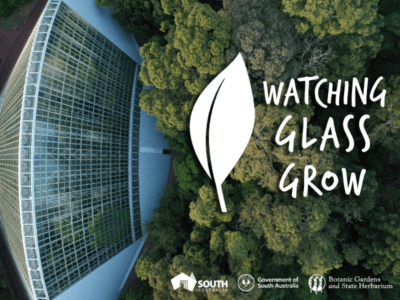
Nature can be an amazing inspiration for creating art. Nature also creates its own awe-inspiring art. In this Challenge Course, students explore how artists find inspiration in the natural world, and meet some talented Australian artists who are inspired by nature to create amazing artworks using glass. Students will then design their own nature-inspired creations. For South Australian schools, this managed project is timed to coincide with the Chihuly exhibition at the Botanic Garden and State Herbarium until 29th April 2025. This course is designed for grade 3-6 students.
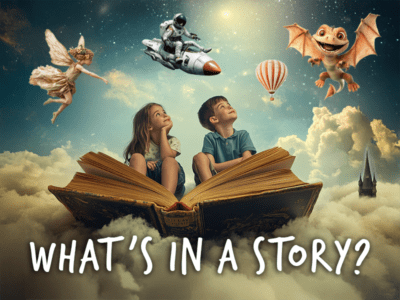
Stories hold the key to adventure and help us share funny, exciting, scary, and interesting tales. This Challenge Course explores elements of the narrative genre that help to define the stories we read, write, and view; character, setting and plot. Students will explore video content on each of these elements. Students will be inspired to design a character or setting that helps to tell a story of their own or retells one of their favourites. This course is designed for grade K-2 students.
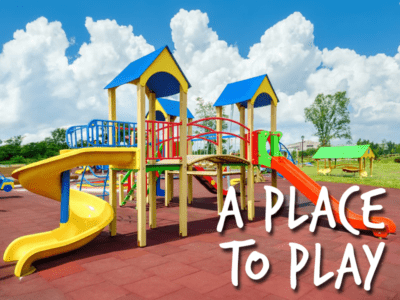
What is the best playground you have ever visited? What is your favourite type of playground equipment? In this Challenge Course students will learn about playground design and the features that can contribute to a safe, healthy, inclusive, and sustainable place for children to play. Students will draw on their mathematical knowledge and skills to design a playground that addresses a design brief. This course is designed for grade 3-6 students and aligns with UN Sustainable Development Goal #11: Sustainable Cities and Communities.
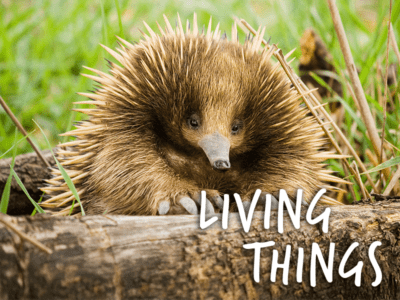
All living things have basic needs that help them survive. Humans, other animals, and plants all need air, water, food, and shelter. In this Challenge Course students will meet many different types of living things and explore how environments meet those basic needs and how humans can help look after living things and support biodiversity in their communities. Students will choose a living thing and design a solution to help it survive and thrive. This challenge course is designed for grade K-2 students and aligns with UN Sustainable Development Goal #15: Life on Land.
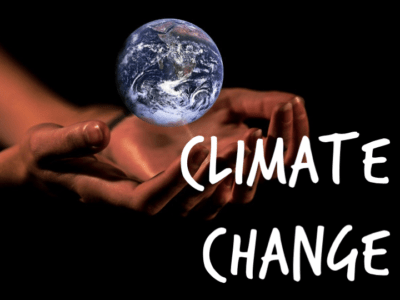
The Earth’s climate is changing. Human activity is causing temperatures to rise around the globe. Science can help us understand why this is happening and the actions we need to take to protect the Earth. In this Challenge Course, grade 5-7 students will think about changes they can make in their daily lives that will help slow global warming and design innovative solutions for addressing this global problem. This course aligns with UN Sustainable Development Goal #13 Climate Action.
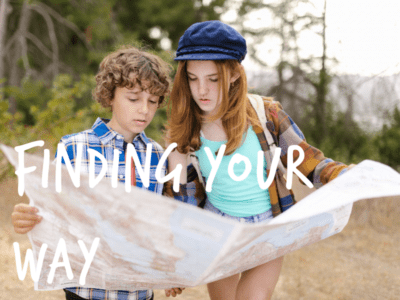
How are your navigation skills? How do you find your way around unfamiliar places? How can technology help? Have you ever wondered how people found their way around before there were maps or GPS? This Challenge Course explores the history of navigation including traditional knowledge and how mapping and navigation technologies have developed over time. Grade 3-5 students will activate their spatial skills and solve real-world navigation problems. This challenge course aligns with UN Sustainable Development Goal #9: Industry, Innovation and Infrastructure.
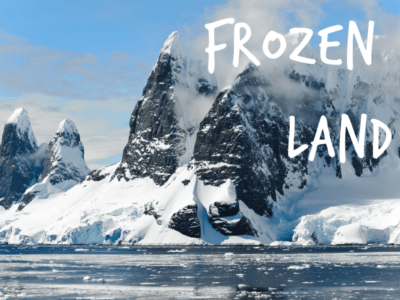
Have you ever wondered what it would be like to visit the South Pole? What does science help us understand about Antarctica and the challenges it faces? In this Challenge Course, grade 5-7 students will meet people who work in Antarctica and develop solutions to problems faced by this unique environment, and the humans and wildlife who live and work there. This course aligns with UN Sustainable Development Goal #13 Climate Action and #14: Life Below Water.
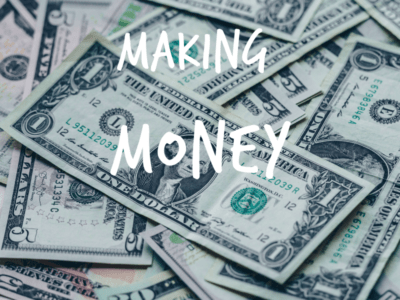
How good are you at saving your pocket money? Have you ever thought about setting up your own business? In this Challenge Course for grades 5-7, students will learn about how to be wise consumers, and savers and explore enterprise opportunities. They will bring their entrepreneurial ideas to life and explore the world of start-up companies. This challenge course aligns with UN Sustainable Development Goal #12: Responsible Consumption and Production.
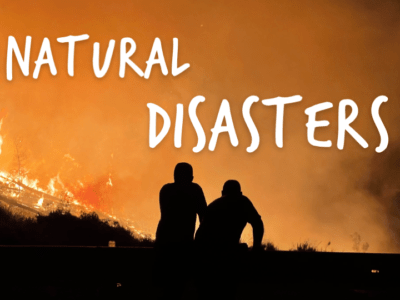
How can we prepare for and respond to problems caused by natural disasters such as bushfires, earthquakes, floods and volcanoes? Grade 3-6 students will develop an understanding about different types of natural disasters and create designs to help. This course aligns with UN Sustainable Development Goals #11 Sustainable Cities and Communities and #13 Climate Action.
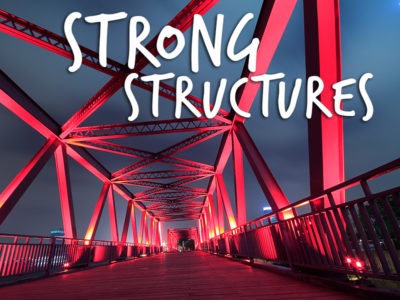
What makes a structure strong? How many cars can a bridge hold? How tall can a tower be before it becomes unstable? How can we build things that stand the test of time? Grade 3-7 students will be challenged to think like architects and civil engineers and design strong, sustainable structures for a range of purposes. This course aligns with UN Sustainable Development Goal #11 Sustainable Cities & Communities.
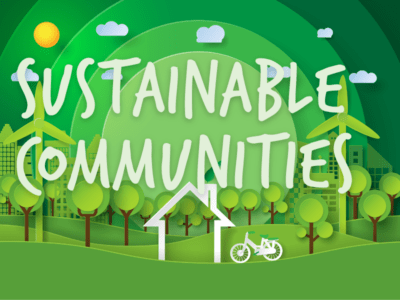
How can we use the world’s resources in more sustainable ways in our everyday lives? Grade 3-6 students will learn about ways to help reduce waste by reusing and recycling. This course aligns with UN Sustainable Development Goals #11 Sustainable Cities and Communities and #12 Responsible Consumption and Production.
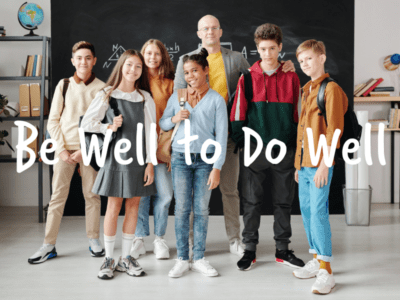
How can you keep your mind and your body well? What can you do to improve your well being? How can you help others? This Challenge Course explores strategies for keeping our minds and bodies healthy and asks grade 3-6 students to design solutions that contribute to healthy happy communities. This challenge course aligns with UN Sustainable Development Goal #3: Good Health and Well-being.

How can we use the world’s resources in more sustainable ways in our everyday lives? Grade 3-6 students will learn about ways to help reduce waste by reusing and recycling. This course aligns with UN Sustainable Development Goals #11 Sustainable Cities and Communities and #12 Responsible Consumption and Production.
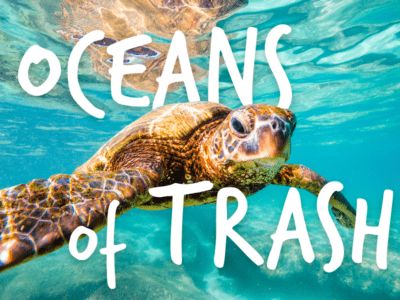
How can we can help protect the many aquatic species that live in our oceans? Grade 3-6 students will develop an understanding of animal habitats and ecosystems and learn about the impact that pollution and plastics have upon these. This challenge course aligns with UN Sustainable Development Goal #14 Life Below Water.
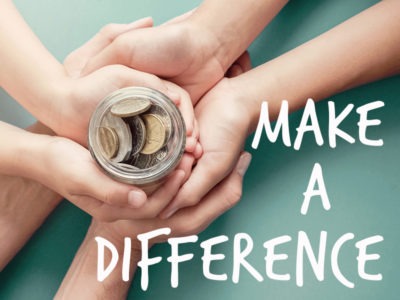
How can we design products that help others? Grade 3-6 students will learn about social enterprise and use Makers Empire to design a product that can be sold to support those in need. This challenge course aligns with multiple UN Sustainable Development Goals as well as any additional goals that students’ specific projects align to.
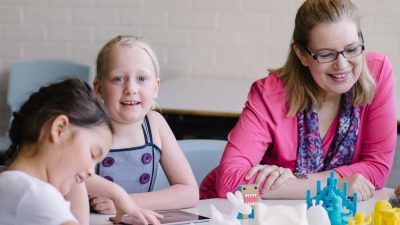
1. WHAT YOU PROVIDE
2. WHAT MAKERS EMPIRE PROVIDES
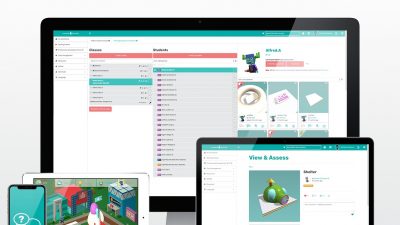
3. COSTS
Optional Add-On:

1. TERM BEFORE PILOT

2. TERM OF PILOT

3. TERM AFTER PILOT

Please wait while you are redirected to the right page...